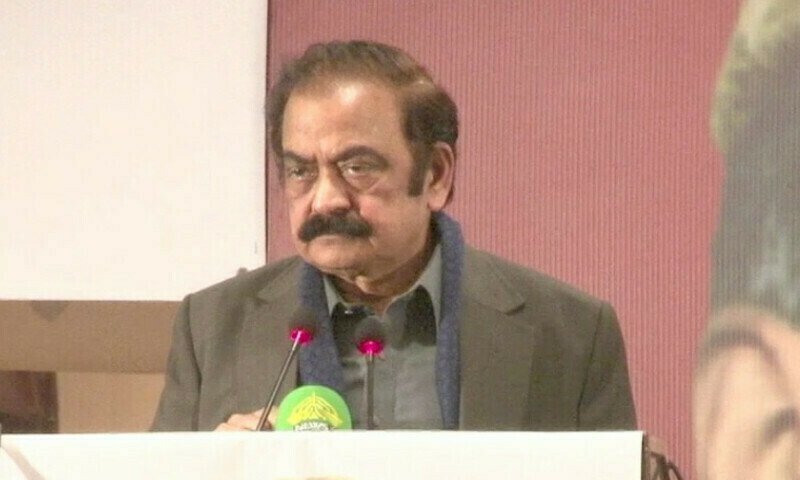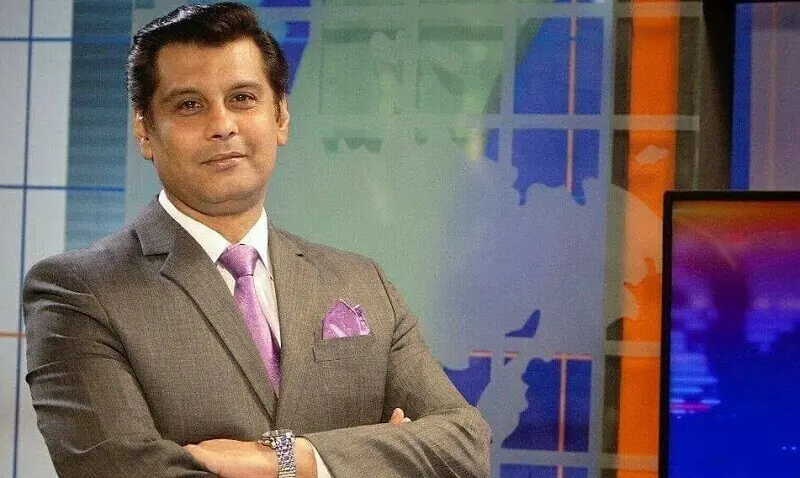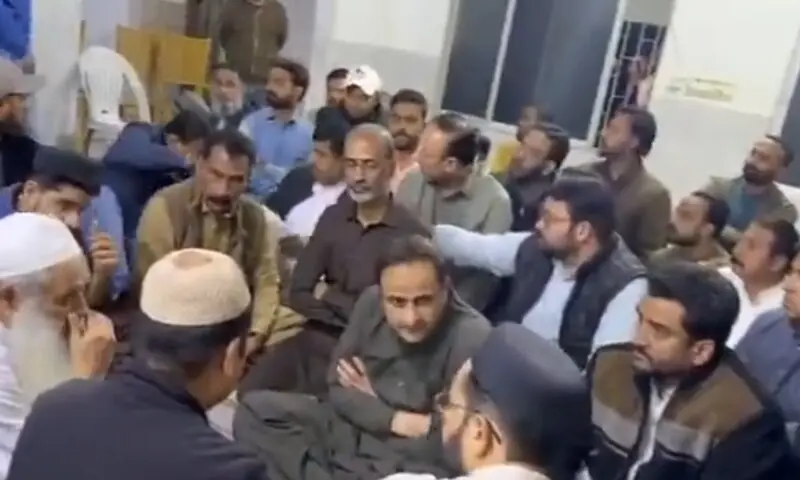PML-N leader Rana Sanaullah on Saturday said that if the top leaders of the three main political parties (PTI, PML-N and PPP) met to negotiate, the crisis in which the country has been embroiled for 70 years would be resolved within a period of 70 years. 70 days.
Since the imprisonment of Imran Khan last year, in several cases, the PTI’s relations with the government and the establishment have deteriorated markedly, marked by protests that frequently escalated into violence amid state repression.
Following the agitation, Imran set up a five-member committee to hold talks with “anyone”, signaling a change in the stance of PTI lawmakers in Parliament. In response, Prime Minister Shehbaz Sharif also formed a committee with members of the ruling coalition.
The first meeting between the government and PTI committees was held on Monday, marking the start of long-awaited negotiations to ease political tensions.
Sunni Ittehad Council (SIC) president Sahibzada Hamid Raza has said that the PTI would formally give the government time until January 31 to conclude the ongoing negotiations. Before that, Sanaullah had stated that the government would “accept such a request.”
While addressing a ceremony in Lahore today, the PML-N leader said that if the three key leaders – former Prime Minister Nawaz Sharif, PTI founder Imran Khan and President Asif Ali Zardari – were included in the committee negotiation and had a “similar vision to what Nawaz had upon his return last year,” then the “crisis that has surrounded Pakistan for 70 years can end in 70 days.”
“Nawaz Sharif’s name should be there […] Imran Khan’s name should be there and Asif Ali Zaradari’s name should be there,” he said.
“We politicians should sit together. The problem is that before sitting down it is very important that we accept the mistakes made by the people who are sitting.”
He said that two documents – the 1973 Constitution and the Charter of Democracy – were important political documents.
In the democracy charter, both leaders (PPP’s Benazir Bhutto and PML-N’s Nawaz Sharif) accepted their mistakes and then the conversation moved forward, said Prime Minister’s aide Sanaullah.
He said the PTI claims that its mandate was stolen and it should be returned.
“Just yesterday you (PTI) had [the mandate]. Why didn’t you speak then? the PML-N leader said.
“We want to make them [negotiations] successful with complete sincerity,” Sanaullah said, adding that if “today’s grievances must be accepted, then yesterday’s grievances must also be accepted.”
Sanaullah said his party had always called for negotiations to resolve political issues, citing former Prime Minister Nawaz Sharif’s speech on October 21 last year.
He said negotiations were the only way to move forward and resolve the issues.
Defense Minister questions PTI’s ‘change in tone’
Separately, at the same event, Defense Minister Khawaja Asif questioned the PTI’s reasoning for wanting negotiations after refusing to hold talks with the PML-N for about two years.
“They used to say that they (PML-N) have no authority and we will talk to those who have the authority,” he said.
“Why now? What happened in the last 15 to 20 days was what they agreed for the negotiations,” the PML-N leader said.
“Someone tell me what the secret behind this is? […] In all seriousness, tell me what the secret is,” he said.
“I am in favor of negotiations,” he said, however, he said the government should be cautious with Imran.
“Tell me who he has been faithful to?” Asif said.
“He [Imran] uses people. Don’t get used to it. “I warn you,” he warned the government of which he is a part, adding that he wants the negotiations to be successful.
“I’ve been saying this in the assembly that there should be a social contract.”
“I have a suggestion […] I believe that all power centers should be part of the negotiations. “This is not just a problem for politicians,” he said.
“There are centers of power in this country. There are the army, the bureaucracy, the politicians, the judiciary, the media and large companies, they are the centers of power,” he said.
“They should sit down and find a solution to the country’s problems,” he added.








